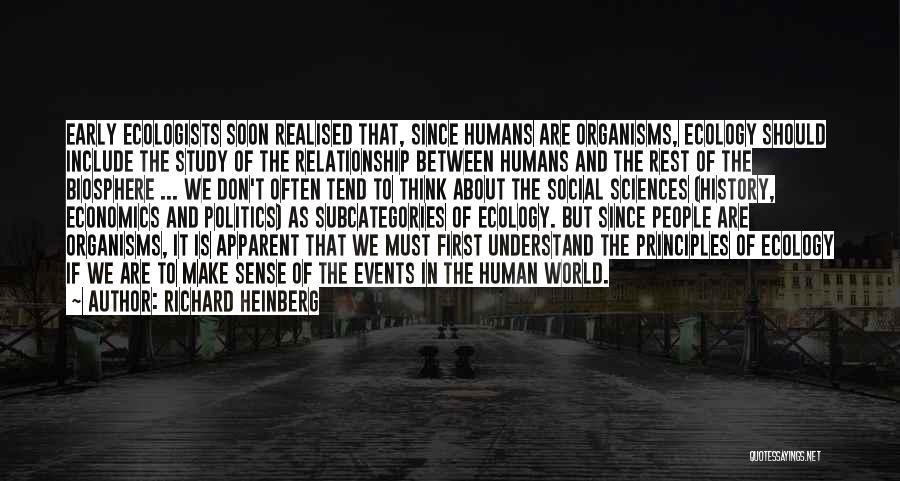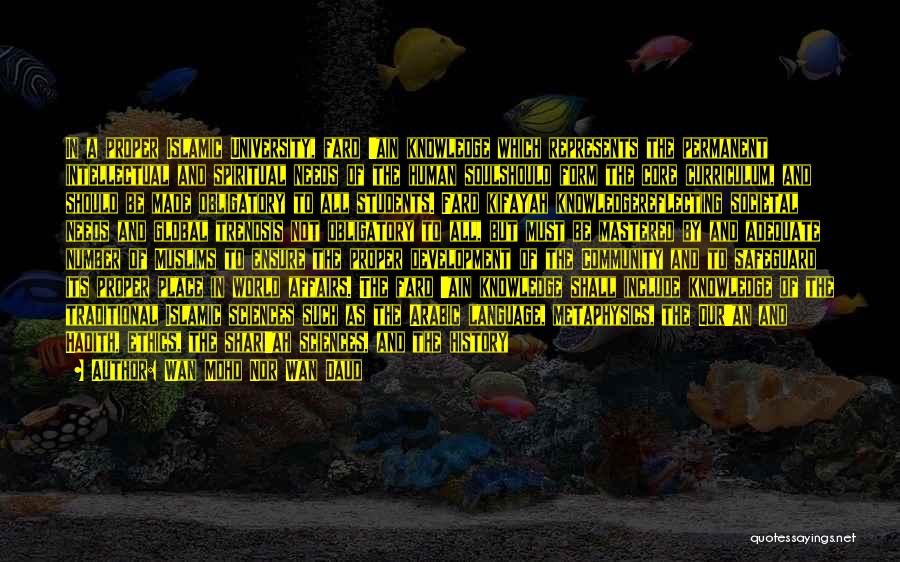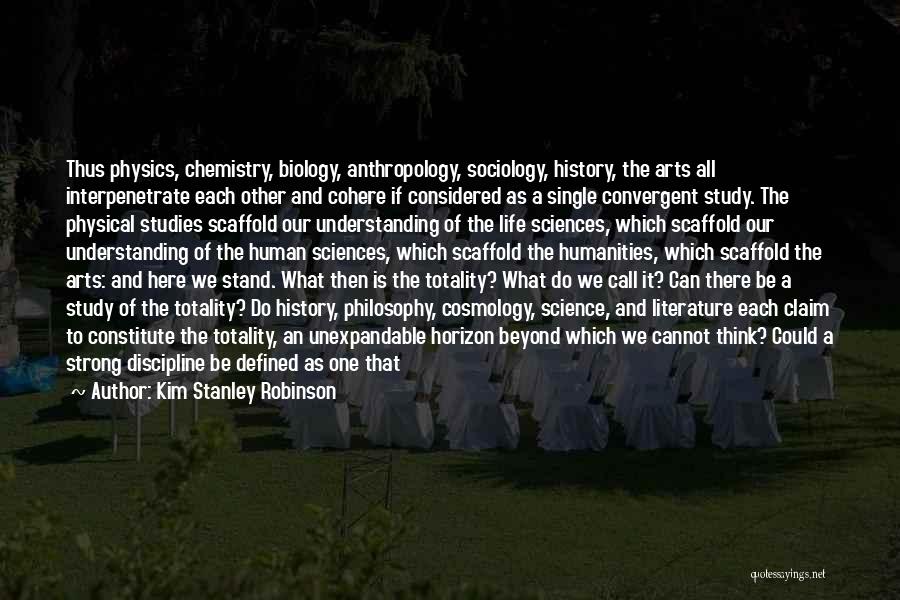Quotes & Sayings About History And Human Sciences
Enjoy reading and share 3 famous quotes about History And Human Sciences with everyone.
Top History And Human Sciences Quotes

Early ecologists soon realised that, since humans are organisms, ecology should include the study of the relationship between humans and the rest of the biosphere ... We don't often tend to think about the social sciences (history, economics and politics) as subcategories of ecology. But since people are organisms, it is apparent that we must first understand the principles of ecology if we are to make sense of the events in the human world. — Richard Heinberg

In a proper Islamic University, fard 'ain knowledge which represents the permanent intellectual and spiritual needs of the human soul
should form the core curriculum, and should be made obligatory to all students. Fard kifayah knowledge
reflecting societal needs and global trends
is not obligatory to all, but must be mastered by and adequate number of Muslims to ensure the proper development of the Community and to safeguard its proper place in world affairs. The fard 'ain knowledge shall include knowledge of the traditional Islamic sciences such as the Arabic language, metaphysics, the Qur'an and Hadith, ethics, the shari'ah sciences, and the history of Islam. Consonant with our position that these fard 'ain sciences are not static but dynamic, they should be continuously studied, analyzed, and applied in relation to the fard kifayah sciences; i.e. the fields of their specialization. — Wan Mohd Nor Wan Daud

Thus physics, chemistry, biology, anthropology, sociology, history, the arts all interpenetrate each other and cohere if considered as a single convergent study. The physical studies scaffold our understanding of the life sciences, which scaffold our understanding of the human sciences, which scaffold the humanities, which scaffold the arts: and here we stand. What then is the totality? What do we call it? Can there be a study of the totality? Do history, philosophy, cosmology, science, and literature each claim to constitute the totality, an unexpandable horizon beyond which we cannot think? Could a strong discipline be defined as one that has a vision of totality and claims to encompass all the rest? And are they all wrong to do so? — Kim Stanley Robinson





